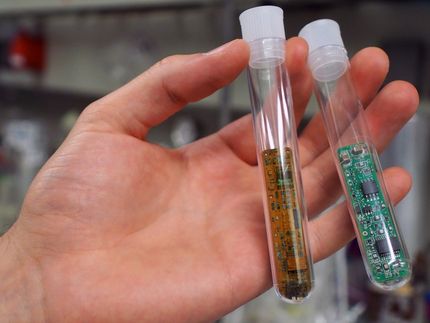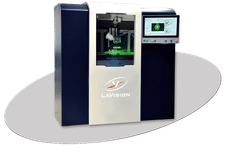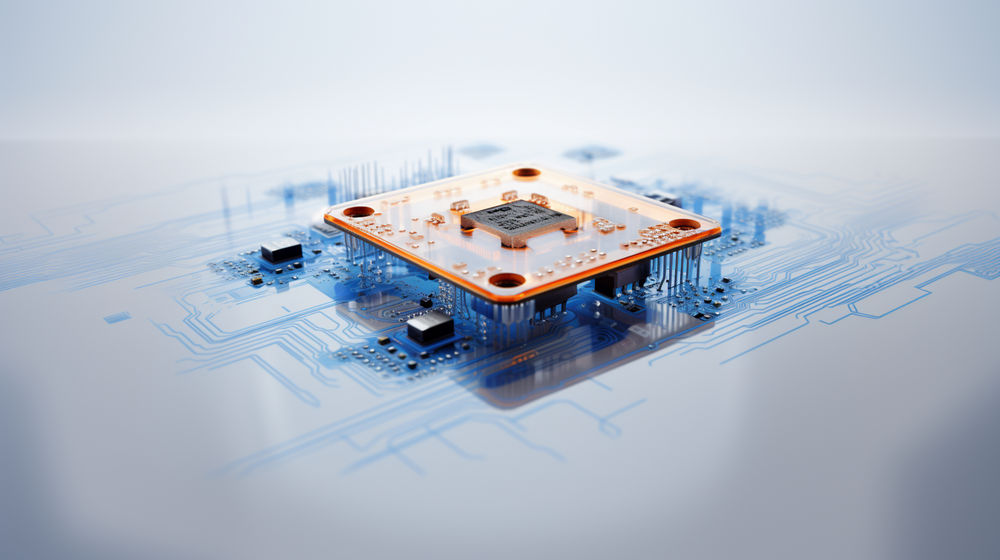Scientists build bacteria-powered battery on single sheet of paper
Advertisement
Instead of ordering batteries by the pack, we might get them by the ream in the future.
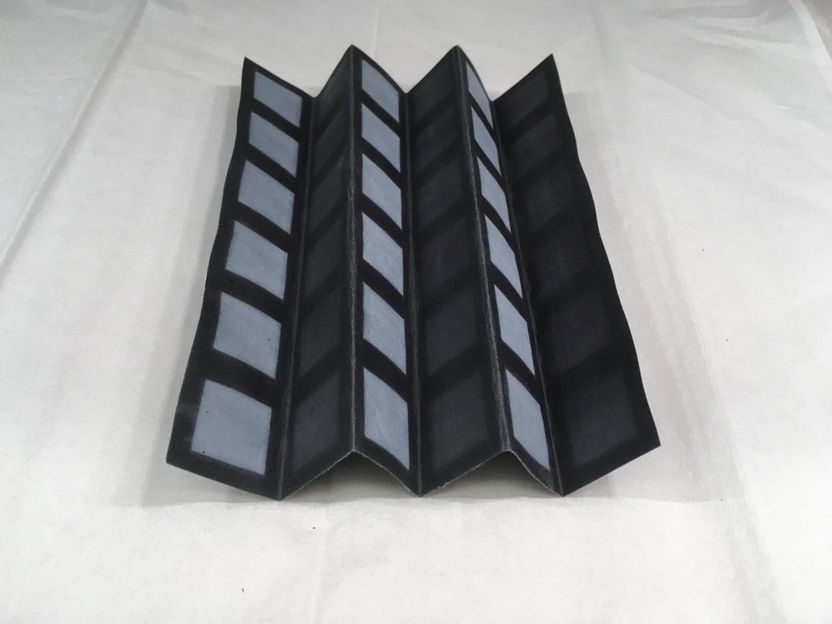
Researchers at Binghamton University, State University of New York have created a bacteria-powered battery on a single sheet of paper that can power disposable electronics.
Seokheun
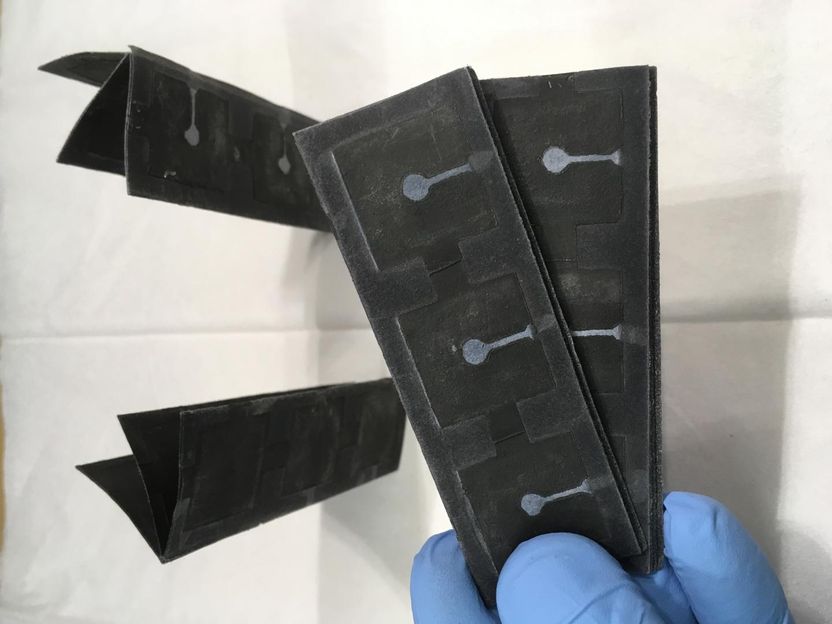
Researchers at Binghamton University, State University of New York have created a bacteria-powered battery on a single sheet of paper that can power disposable electronics.
Seokheun
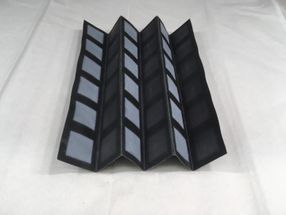
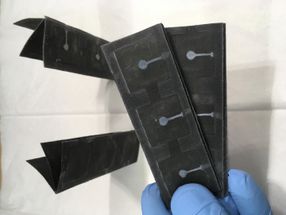
Researchers at Binghamton University, State University of New York have created a bacteria-powered battery on a single sheet of paper that can power disposable electronics. The manufacturing technique reduces fabrication time and cost, and the design could revolutionize the use of bio-batteries as a power source in remote, dangerous and resource-limited areas.
"Papertronics have recently emerged as a simple and low-cost way to power disposable point-of-care diagnostic sensors," said Assistant Professor Seokheun "Sean" Choi, who is in the Electrical and Computer Engineering Department within the Thomas J. Watson School of Engineering and Applied Science. He is also the director of the Bioelectronics and Microsystems Lab at Binghamton.
"Stand-alone and self-sustained, paper-based, point-of-care devices are essential to providing effective and life-saving treatments in resource-limited settings," said Choi.
On one half of a piece of chromatography paper, Choi and PhD candidate Yang Gao, who is a co-author of the paper, placed a ribbon of silver nitrate underneath a thin layer of wax to create a cathode. The pair then made a reservoir out of a conductive polymer on the other half of the paper, which acted as the anode. Once properly folded and a few drops of bacteria-filled liquid are added, the microbes' cellular respiration powers the battery.
"The device requires layers to include components, such as the anode, cathode and PEM (proton exchange membrane)," said Choi. "[The final battery] demands manual assembly, and there are potential issues such as misalignment of paper layers and vertical discontinuity between layers, which ultimately decrease power generation."
Different folding and stacking methods can significantly improve power and current outputs. Scientists were able to generate 31.51 microwatts at 125.53 microamps with six batteries in three parallel series and 44.85 microwatts at 105.89 microamps in a 6x6 configuration.
It would take millions of paper batteries to power a common 40-watt light bulb, but on the battlefield or in a disaster situation, usability and portability is paramount. Plus, there is enough power to run biosensors that monitor glucose levels in diabetes patients, detect pathogens in a body or perform other life-saving functions.
"Among many flexible and integrative paper-based batteries with a large upside, paper-based microbial fuel cell technology is arguably the most underdeveloped," said Choi. "We are excited about this because microorganisms can harvest electrical power from any type of biodegradable source, like wastewater, that is readily available. I believe this type of paper biobattery can be a future power source for papertronics."
The innovation is the latest step in paper battery development by Choi. His team developed its first paper prototype in 2015, which was a foldable battery that looked much like a matchbook. Earlier this year they unveiled a design that was inspired by a ninja throwing star.




